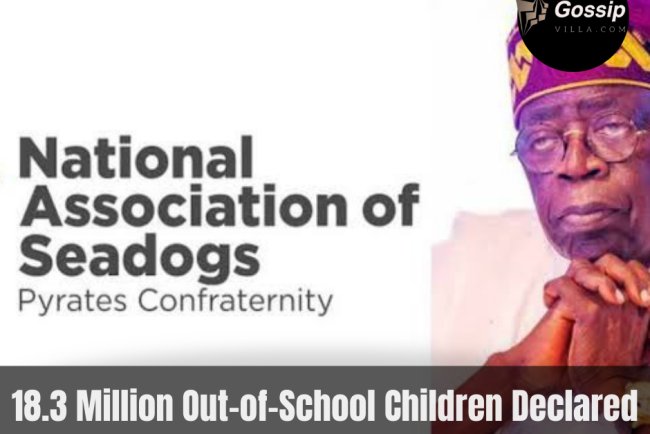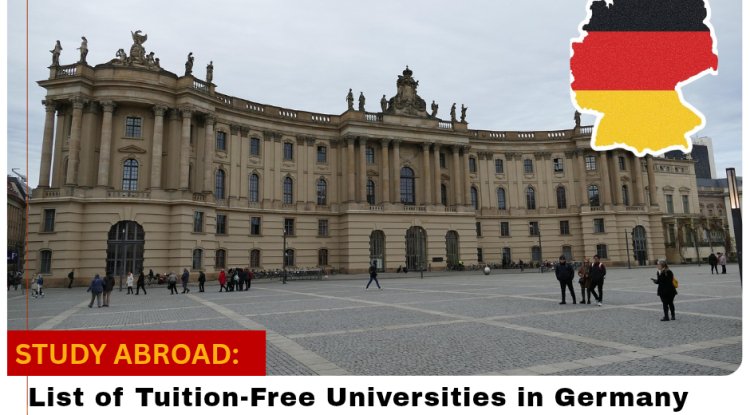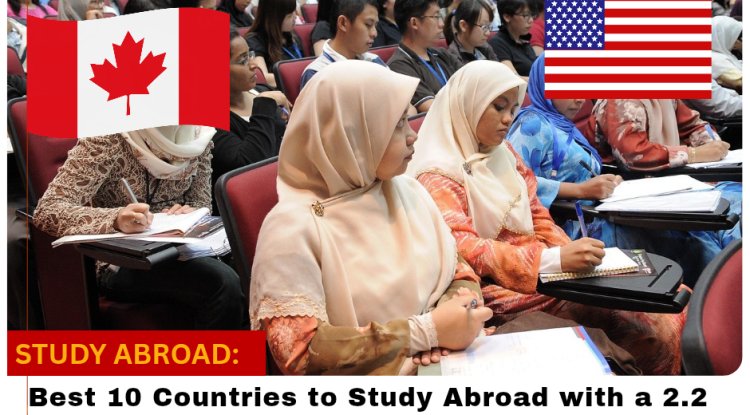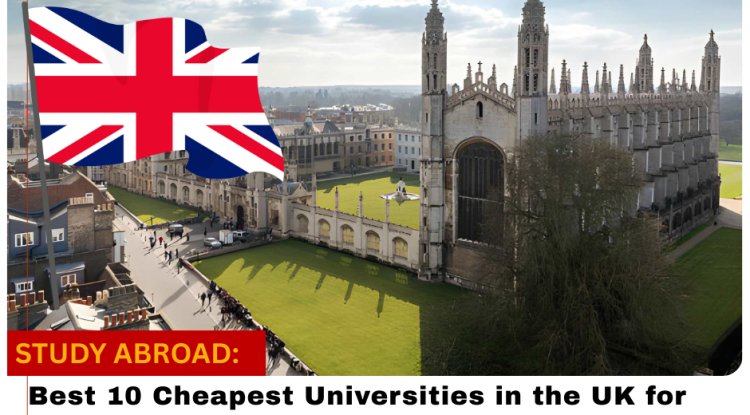Mathematics No Longer Compulsory for Arts Students Seeking University and Polytechnic Admissions in Nigeria
Nigeria’s Federal Ministry of Education has removed Mathematics as a compulsory subject for arts students seeking university and polytechnic admission, effective 2026/2027, to boost access and empower creative fields.

Mathematics No Longer Compulsory for Arts Students Seeking University and Polytechnic Admissions in Nigeria
In a groundbreaking shift that’s set to reshape the educational landscape for millions of Nigerian students, the Federal Ministry of Education has announced that Mathematics will no longer be a mandatory subject for arts and humanities students aiming to secure admission into universities and polytechnics. This policy change, unveiled just days ago, marks a significant departure from decades of rigid entry requirements and is poised to open doors for a new generation of learners passionate about creative and social disciplines.

The Announcement: A Bold Step Toward Inclusive Education
The revelation came on October 14, 2025, through an official statement from the Ministry’s spokesperson, Folasade Boriowo. Titled the “Revised National Guidelines for Entry Requirements into Nigerian Tertiary Institutions,” the new framework explicitly removes the credit pass in Mathematics from the Senior School Certificate Examination (SSCE) prerequisites for arts-related courses. For context, under the old system governed by exams from the West African Examinations Council (WAEC) and the National Examinations Council (NECO) all students, regardless of their stream, had to secure at least five O’Level credits, including both English Language and Mathematics. This one-size-fits-all approach often sidelined talented arts enthusiasts who struggled with quantitative subjects, leading to frustration and missed opportunities.
Minister of Education, Dr. Tunji Alausa, hailed the reform as a cornerstone of President Bola Tinubu’s Renewed Hope Agenda. “This is a deliberate effort to expand access to tertiary education, creating opportunities for an additional 250,000 to 300,000 students each year,” Alausa stated. The policy applies uniformly across universities, polytechnics, colleges of education, and even Innovation Enterprise Institutions (IEIs), ensuring a nationwide rollout without favoritism toward any institution.
Breaking Down the New Entry Requirements
To demystify the changes, let’s look at the specifics outlined in the guidelines:
• Universities: Aspiring arts and humanities students now need a minimum of five credit passes in relevant subjects, including English Language, obtained in not more than two sittings. Mathematics remains mandatory only for Science, Technology, Engineering, and Mathematics (STEM) or Social Science programs. This means a budding literature major can focus on excelling in Literature-in-English, History, or Government without the shadow of algebraic equations looming over their transcript.
• Polytechnics (National Diploma - ND Level): Here, the bar is set at four credit passes in relevant subjects. English Language is compulsory for non-science courses, while Mathematics is still required for science-related programs. At the Higher National Diploma (HND) level, however, five credits—including both English and Mathematics—are needed across the board.
• Colleges of Education (Nigeria Certificate in Education - NCE Level): Four credit passes suffice, with English Language as the key requirement for Arts and Social Science courses. Mathematics steps in only for Science, Vocational, and Technical tracks.
These adjustments are not arbitrary; they’re tailored to align with the core competencies of each field. As Boriowo emphasized, the guidelines “remove barriers while maintaining academic standards.” For instance, a future journalist or historian doesn’t need advanced calculus to thrive, but proficiency in communication and critical analysis is non-negotiable.
Why Now? The Rationale Behind the Reform
Nigeria’s education system has long grappled with overcrowding and exclusion. Annually, over 2 million candidates sit for SSCE exams, but only about 700,000 secure tertiary spots a mere 35% success rate. Mathematics, often perceived as a stumbling block for arts students, contributed to this bottleneck. Surveys and expert analyses have shown that forcing unrelated quantitative skills on creative minds not only demotivates learners but also perpetuates gender and socioeconomic disparities, as access to quality math tutoring varies widely.
The Ministry’s move is part of a broader overhaul, including a revamped curriculum for basic and senior secondary education that emphasizes future-ready skills like digital literacy and entrepreneurship. By harmonizing requirements with global standards such as those in the UK or Canada, where arts admissions prioritize subject-specific aptitudes Nigeria aims to boost enrollment to 1 million students per year. Education analyst Ayodamola Oluwatoyin called it a “brilliant step” toward inclusivity, predicting it will reduce out-of-school youth and strengthen vocational pathways.
Implications for Students, Parents, and the Economy
For secondary schoolers in arts streams, this is liberating news. Imagine a student from a rural community, excelling in Fine Arts but faltering in Further Mathematics no longer will they face rejection from their dream university’s Mass Communication department. Parents, too, can breathe easier, knowing their child’s potential isn’t handcuffed by a single subject.
On a macroeconomic level, the ripple effects could be profound. Nigeria’s creative industries like film, music, literature, and design contribute over N5 trillion to GDP annually, yet they’ve been starved of fresh talent due to admission hurdles. (Note: This figure draws from broader economic reports; the policy is expected to amplify growth.) By channeling more graduates into these sectors, the country could foster innovation, job creation, and cultural exports, aligning with the African Continental Free Trade Area’s emphasis on non-oil economies.
However, it’s not a smooth run. Critics worry about potential grade inflation or diluted standards in arts programs. The Ministry counters this by insisting on “relevant subjects” scrutiny via the Joint Admissions and Matriculation Board (JAMB), ensuring only qualified candidates proceed. Schools may also need teacher retraining to emphasize interdisciplinary skills, blending arts with basic digital numeracy where beneficial.
Looking Ahead: A More Equitable Future
As implementation kicks off for the 2026/2027 admission cycle, stakeholders are urged to stay informed via official channels like the Ministry’s website or JAMB portals. This reform isn’t just a tweak it’s a testament to evolving educational philosophy, prioritizing passion over prescription.
In the words of Dr. Alausa, it’s about giving “every Nigerian youth a fair chance to learn, grow, and succeed.” For arts students, the equation has simplified: subtract the math anxiety, add boundless opportunity. The future of Nigeria’s humanities looks brighter than ever.
Sources
What's Your Reaction?





















